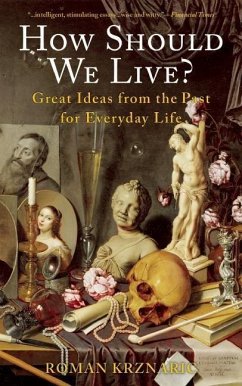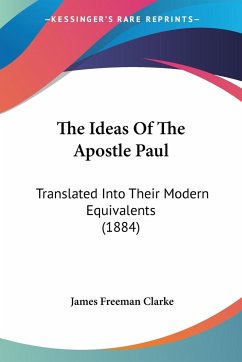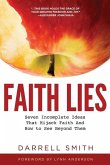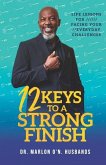There are many ways to try to improve our lives-we can turn to the wisdom of philosophers, the teachings of spiritual guides, or the latest experiments of psychologists. But we rarely look to history for inspiration-and when we do, it can be surprisingly powerful. In How Should We Live? the cultural historian Roman Krznaric explores twelve universal topics-including love, family, and empathy; work, time, and money-by illuminating the past and revealing the wisdom we have been missing. There is much to be learned from the ancient Greeks about the different varieties of love, for example, from medieval and Renaissance Europeans about living with passion and facing the realities of death, from various indigenous cultures on bringing up our children, and from Japanese pilgrims on the art of travel. Whether it is the different uses of the senses or nature across time, or changing attitudes to belief and creativity, How Should We Live? is full of ideas and stories from the past. A wonderful work of "practical history,” it sheds invaluable light on the decisions we make every day and shows what history can teach us about the art of living.
Hinweis: Dieser Artikel kann nur an eine deutsche Lieferadresse ausgeliefert werden.
Hinweis: Dieser Artikel kann nur an eine deutsche Lieferadresse ausgeliefert werden.








